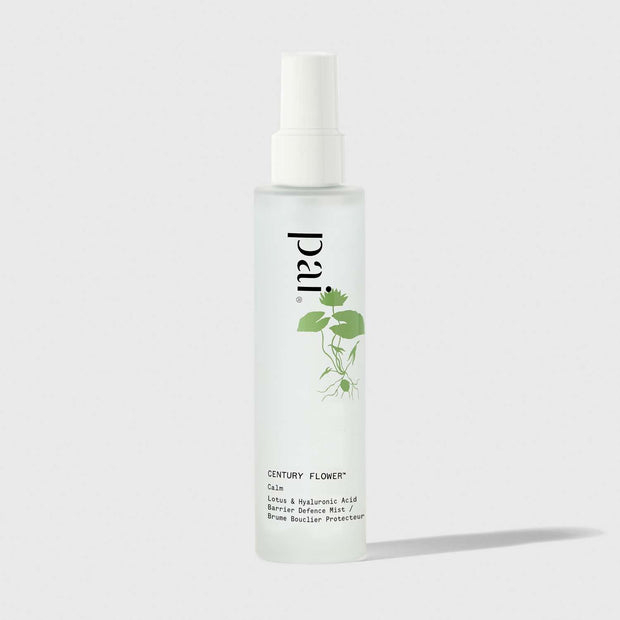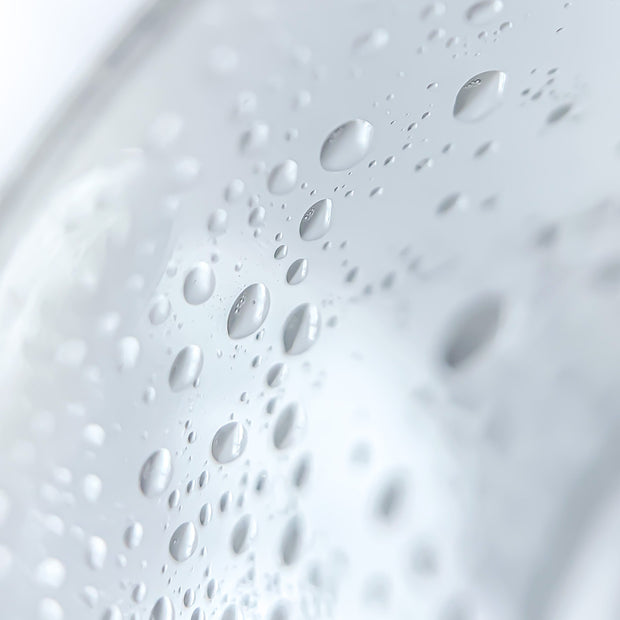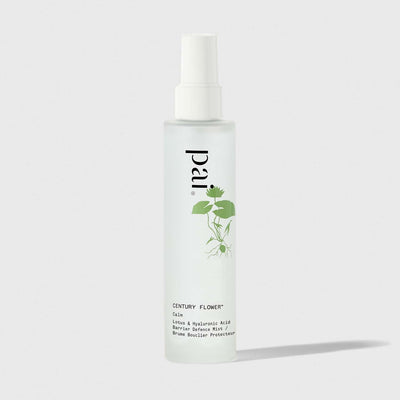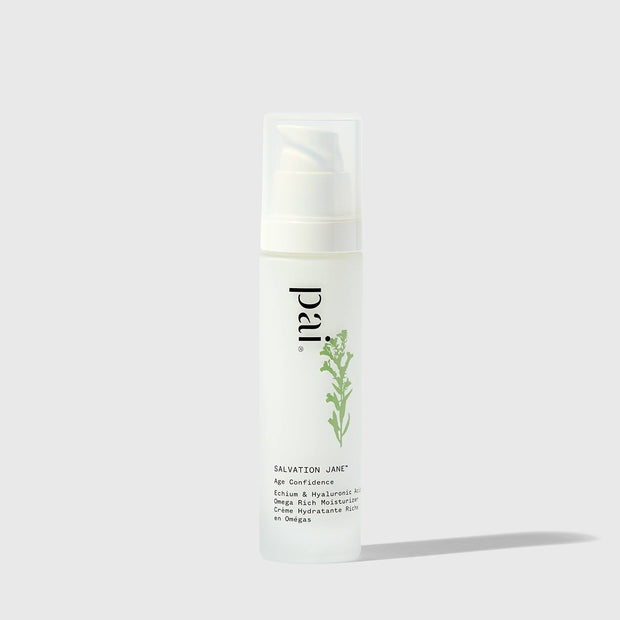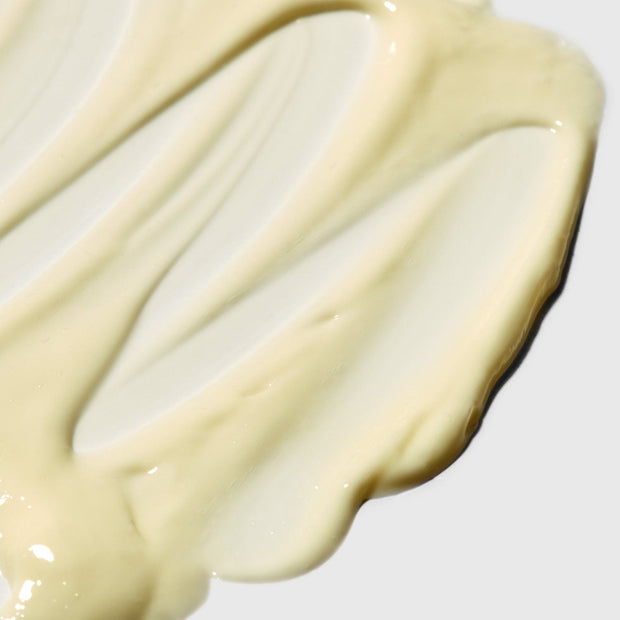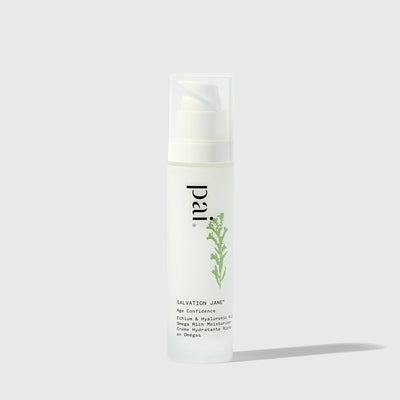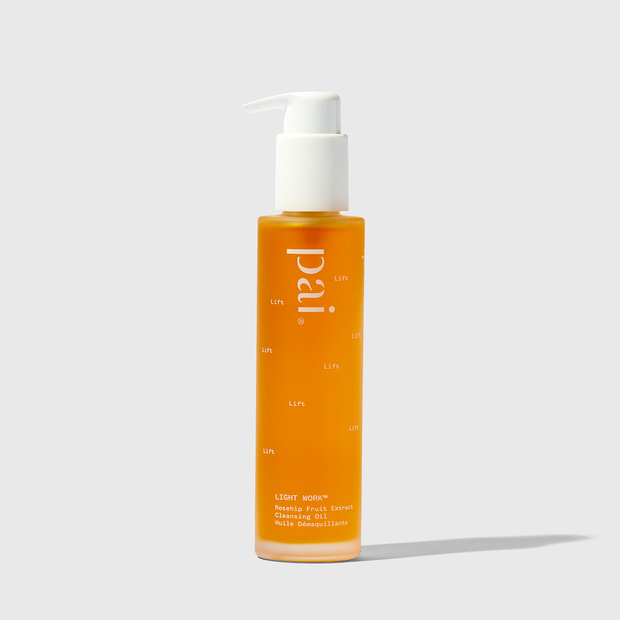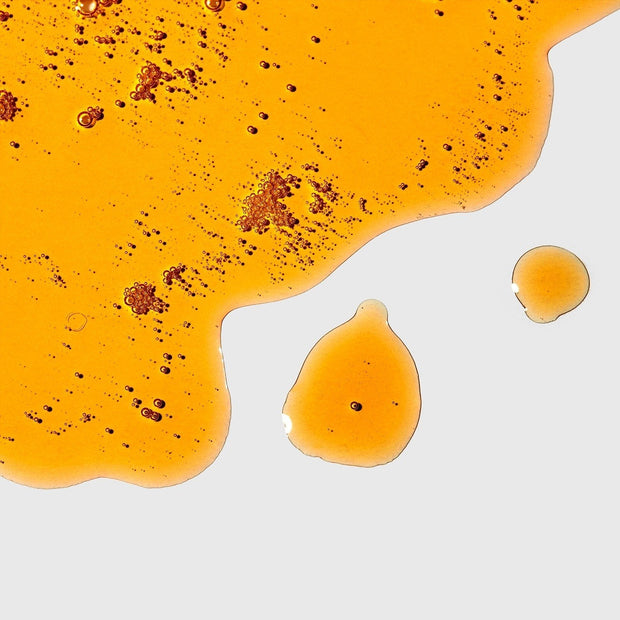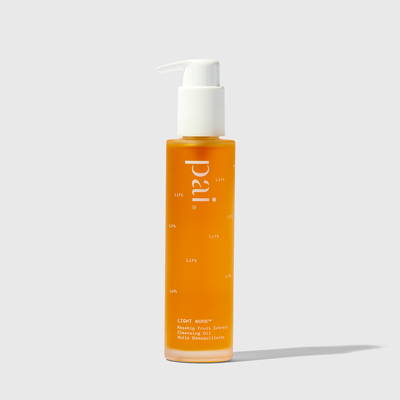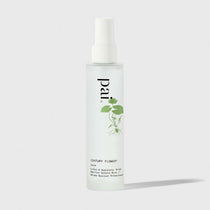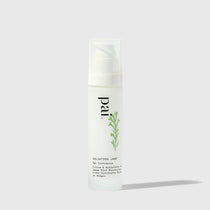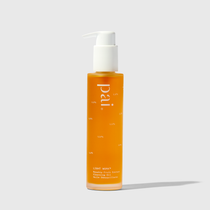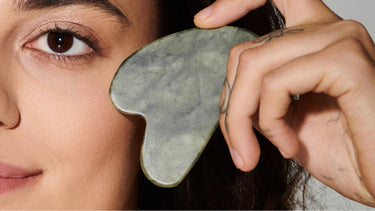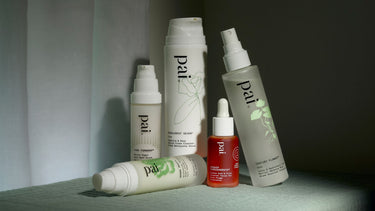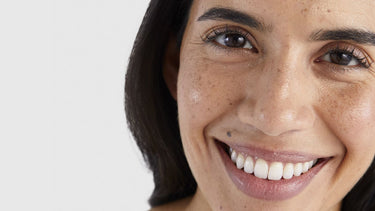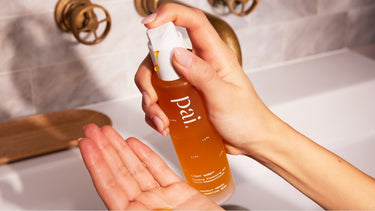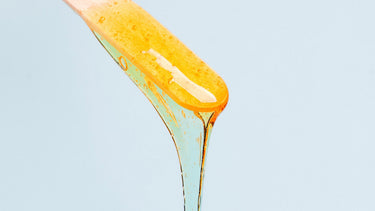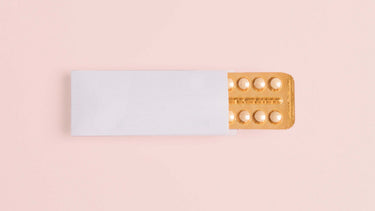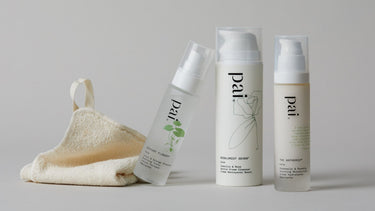As women reach a certain age they have the (often unwelcome) transition of menopause to look forward to. Hormones going haywire means a time of change and adjustment. And just like puberty it can bring about imbalances, causing a variety of symptoms - including changes in your skin.
In some cases these symptoms can be debilitating, but there is so much that can be done to ease or even diminish the changes with good nutrition, supplements, medication, exercise - and of course, natural skin care to help manage the effects of the menopause on your skin.
Read on for our ultimate guide to how your skin changes during menopause and why, plus our top tips and the best products to support you through it.
The stages of menopause
The menopause lasts an average of four to seven years, and there are three key stages.
- Perimenopause starts at around 45-50 years, when hormonal changes begin. You’ll notice a gradual change of menstrual cycles, usually with irregular periods, and will start experiencing symptoms such as hot flashes.
- Menopause happens around the age of 50-52 years, and is when your periods stop, though you won’t know for sure until it’s been a year since your last one. Here’s where symptoms such as hot flashes, vaginal dryness and sleep problems creep in.
- Post-menopause usually starts from 55 years onwards, when it’s been more than a year since your last period (and any bleeding after this point needs to be checked out).
For a few women (1% in the US) aged 40 years or younger, premature menopause can also take place.
When the eggs that a woman is born with stop being produced, hormones including oestrogen, progesterone and testosterone gradually decline, causing a variety of symptoms that may fluctuate over the course of the menopause.

How menopause affects your skin
Oestrogen plays a crucial part in the skin’s structure and decreasing levels cause a drop in Hyaluronic Acid – an essential molecule for hydration. Sebum production also slows, leaving dry skin feeling parched. Even oilier skin types can become dry and often sensitive – so you may find you’re having to rethink your entire beauty regimen.
Waning oestrogen levels also cause the skin to become thinner. Collagen and elastin levels, which help provide strength, support and elasticity for skin, also decline - causing deeper wrinkling and sagging of the skin.
Endocrine disturbances can also result in hot flushes, which can lead to thread vein damage.
How to handle menopausal skin symptoms
After the steady run of relatively obedient adult skin, the menopause can feel like hitting the rollercoaster of puberty all over again. For around two years between the ages of 45 – 55, 80% of women will regularly experience hot flushes, insomnia, aggravated skin and night sweats.
While we can’t offer a miracle cure (let’s face it, who can?), we recommend our Age Confidence range as a strong starting point. These products boost hydration and moisture levels, while nourishing with essential antioxidants and collagen-synthesising ingredients. Like all our products, this range is formulated for sensitive skin; soothing irritation and strengthening the skin’s structure.
Beyond that, here are some top tips for relieving the most frustrating symptoms of menopausal skin.
Hot flushes
The bane of the menopausal female’s life, hot flushes can strike at any time and usually last for a few minutes. While some may just feel a short sensation of extreme heat, others will suffer perspiration, faintness and even sickness. During these hot bouts, the face, neck and shoulders flush red.
Applying a cooling mist or cream to the skin will help relieve these annoying and oppressive symptoms. Our calming face cream, The Anthemis, contains active ingredients that soothe, strengthen and protect reactive and flaring skin. Keep in the fridge and apply cool to instantly reduce redness and dispel excess heat.
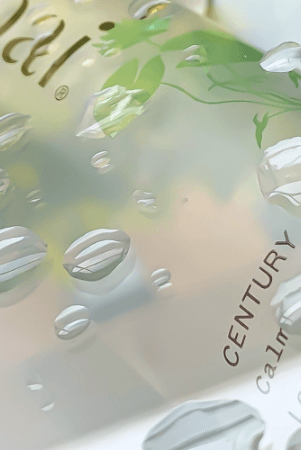
Dry, itchy and lacklustre skin
As oestrogen levels drop, collagen production slows down, and the skin needs a bit of extra help staying firm, fresh and toned.
An essential fatty acid (Omega 3,6 & 9) supplement will help condition your skin from the inside out and promote a soft, supple and vibrant complexion. Take it in an organic oil form for best results. We recommend Hemp oil because it has the perfect balance of Omegas 3, 6 and 9, in the ratio in which they are found naturally in human cells (2:1:1). That means the body metabolises the Omegas more readily, reaping more of the skin benefits.
To combat dry, itchy and aggravated skin, moisturise on a regular basis with an alcohol-free moisturizer and body cream. Rich in Hyaluronic Acid, our face cream for dry skin Salvation Jane is the ideal hydration boost for mature skin. For the body, the anti-inflammatory powers of our comforting body cream actively soothe, heal and regenerate irritated skin, while additional oils and butters replenish lost moisture.
You can also apply a concentrated dose of Vegan Collagen directly to your skin – or add it to your existing skincare to supercharge your regimen.
Insomnia
Though insomnia is not a skin complaint, it can have a direct effect on skin health.
Lack of sleep, and the stress it causes, often aggravates existing skin conditions and sensitivities - as well as contributing to a generally tired, dull and unhealthy complexion.
Lavender is a great organic sleep aid. Keep some dried buds on your bedside table or dot a couple of drops of essential oil into your pillow for a soporific effect.
Your skincare can help too. We designed our first night cream – Bonne Nuit BioPeptide Renewal Night Cream – to not just help your skin while you sleep. But to help you sleep better in the first place. That’s down to the active ingredients inside that help you drift off by regulating your sleep-wake cycle.
Make sure menopausal insomnia is not made worse by additional stresses and strains. Yoga and meditation are ideal stress-busters. Try practising a few gentle exercises before you go to bed to clear and calm your mind for a more restful night’s sleep.
The expert’s edit
Anna Durston, 48, is a leading make-up artist and hairdresser, with over 20 years of experience of working in fashion and media. Here, she shares her menopause experience and her tried and tested tips for soothing the symptoms.

“When I first met Pai’s founder, I was just starting to see the first signs of hormone change, with my skin breaking out into the worst spots I’d had in my life. I’d been zapping them with something industrial from the chemist, leaving the area dry and sensitive. Then I tried Pai’s Rosehip Bioregenerate Oil - and I can honestly say I have never looked back.
“Now, I’ve learned to be kind to my skin instead of purging it. I keep my skincare simple with a few key products that are gentle, but do a great job.”
Anna’s AM-PM skincare regimen
Mornings: In the mornings I splash my face with water, apply my eye cream and then use Pai’s Back To Life serum - a staple for me - followed by The Pioneer moisturizer and my SPF. I’ve also used Century Flower on set which is great to help the skin feel fresh, especially if you’re going through a hot flush.
If I feel I need a pick-me-up, I use The Impossible Glow. It’s a must-have in my kit and on my dressing table for just enough glow to really brighten your face.
Evenings: I use Light Work Rosehip Cleansing Oil, taking the time to really emulsify the oil. It washes away everything, including mascara and eyeliner. After a night out, I may do two cleanses or use the Pai facial cloth to thoroughly clean.
On damp skin I use Rosehip Bioregenerate - all over the face, even the eye area. My skin was so soft the morning after I used it the first time, and while it didn’t stop the spots (one or two huge monthly ones!) coming, it did aid the recovery. As long as I use this, I know the spot will eventually go and my skin will heal without dry spots or scarring.
Anna’s menopause survival tips
- HRT - I am now a year and a half in. No more night sweats and sleepless nights. A good night's sleep is so good for the skin to stop it looking grey, sallow and tired.
- Diet - My doctor advised me to cut down on spicy food, chocolate, caffeine and alcohol - now I have one or two cups of coffee a day and my skin is better as a result.
- Evening Primrose oil - I take this supplement as it was recommended by my doctor.
- Silk pillow case - It helps stop hair (especially curly hair) breaking. Good for the skin too!
- Exercise outdoors - I do a HITT class in the park twice a week with a group of amazing 40-50 year old women. Not only is exercise good for our skin, circulation, hair and bodies, it is vital for our mental wellbeing. We have a laugh, find support and always feel good afterwards. Skin glowing and mascara running!
For more tailored advice on managing menopausal skin, book in for an online skincare consultation with our expert skin coaches.































